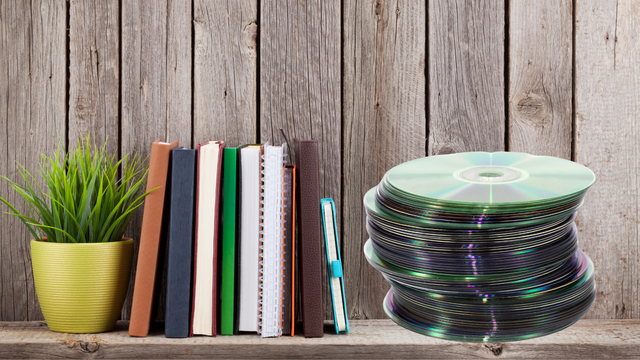They click. They hum. They flicker across the wall. Super 8 mm film reels captured birthdays, vacations, and Sunday afternoons long before smartphones and cloud backups. If you’ve uncovered a box of 8mm or Super 8 mm reels and aren’t sure what to do with them, you’re holding more than just film—you’re holding generations of joy.
Here’s how to protect, understand, and bring those memories back to life.
Super 8 Film vs 8mm: What’s the Difference?
Many people use “8mm” and “Super 8 mm” interchangeably, but they’re slightly different formats. Original 8mm film, also known as Standard 8, came first. Super 8 mm followed in the late 1960s, offering better image quality and easier loading for home movie makers.
If your reels have smaller square sprocket holes and come in brightly colored plastic cartridges, they’re probably Super 8. Metal reels with circular holes are more likely 8mm.
Want to know more? Read our guide on 8mm vs Super 8 film differences.
8mm Home Movies Are Fragile, But Not Lost
Both 8mm and Super 8 mm reels are made from acetate film, which shrinks, warps, or cracks over time—especially when stored in heat or humidity. The good news is, even brittle film can often be recovered with care and the right equipment.
If your family films have a vinegar smell or feel curled and stiff, don’t try to run them through an old reel to reel player. That could permanently destroy the footage.
Instead, explore how to convert 8mm movie film to digital with a professional service that uses sprocketless scanners and frame-by-frame capture.

Don’t Let a Projector Decide Their Fate
Even if your reel still plays, old projectors run hot and fast—two things fragile film doesn’t like. You risk snapping the film, melting the emulsion, or skipping over precious frames. Plus, projector bulbs for older models are hard to find and even harder to trust.
Instead of gambling with family history, let today’s technology do the work with high-resolution digitization.
Cloud Over DVD: A Better Way to Share Memories
Once your film is digitized, you’ll want to share it. But DVDs are fading too—many computers no longer have disc drives, and DVDs can develop playback errors over time.
That’s why Heirloom delivers all digitized media to secure cloud storage, not just a disc. You can stream, download, or share clips with friends and family instantly.
Whether it’s Dad’s backyard barbecue from 1975 or Grandma’s surprise party in 1969, the cloud makes it easy to bring those moments back into the conversation.

📧 Want more tips like this?
Subscribe to Heirloom emails to learn how to preserve your priceless memories. Get discount codes for expedited shipping, quality digitizing, and secure cloud storage. We never spam, and it’s easy to unsubscribe at any time.


